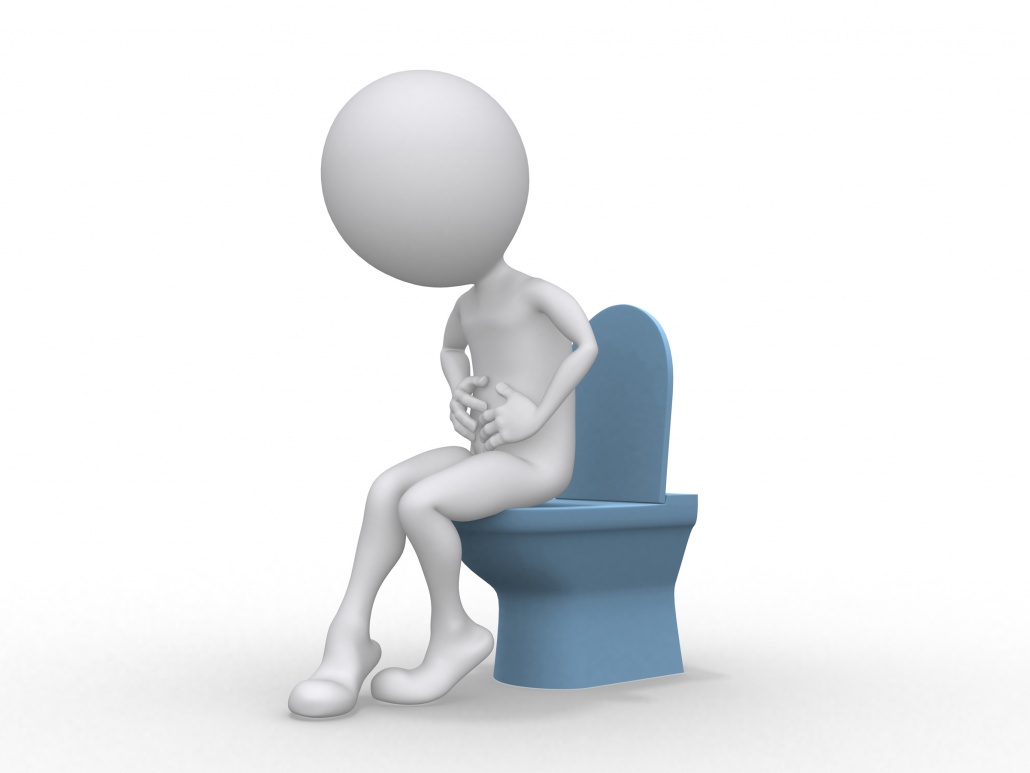Abdominal cramps
By Fasiha Hasham
Almost every one of us must have experienced abdominal cramps once or twice in our life time. Sometimes the cause can be simple indigestion or gas but sometimes it can be a sign of a serious illness that needs urgent medical attention.
Medically speaking, cramps can be defined as the sudden, involuntary muscle contraction which produces a stabbing pain. Any muscle can go into spasm and can result in cramps, especially the abdominal muscles.
Patients with abdominal cramps usually complain of severe pain, which can be generalized pain all over the abdomen or it can be a localized pain. Pain can radiate, to chest, back or the limbs. Pain can be accompanied by nausea, vomiting, diarrhea, constipation and fever.
There can be many reasons for abdominal cramps, like infection, inflammation or growth, but some of the important ones are as follows.
Appendicitis
The sudden onset of pain, tenderness and rigidity in the lower right abdomen suggest possible appendicitis but in the beginning the pain can be felt all over the abdomen but after a while the pain become localize to the lower right side of the abdomen.. Other symptoms include nausea, vomiting, constipation and fever.
Diverticultis
It is the small out pouches form the colon. These out pouches can become impacted and inflamed and this condition is known as the diverticulitis. Symptoms may include cramps, diarrhea, constipation, fever and weakness.
Endometriosis
It can be defined as a disease in which the inner lining of the uterus known as the endometrium grows else where in the abdominal cavity. These misplace tissues can form adhesions that can cause abdominal pain and they usually produce abdominal cramps at the end of the menstrual cycle.
Food poisoning
Salmonella food poisoning is one of the most common food related disorder with symptoms of abdominal cramps, diarrhea and vomiting.
Gallstones
In case of gallstones there is severe abdominal pain often radiating to the back or right shoulder may be caused by gallstones lodge in the neck of the gallbladder or the common bile duct, which carries bile from the liver and gallbladder to the duodenum. Other symptoms include jaundice, rapid heartbeat, flatulence and blenching.
Gastritis
Symptoms of gastritis includes stomach pain with nausea, vomiting and coated tongue. In severe cases there may be rapid heartbeat, thirst and diarrhea.
Heat exhaustion
Severe abdominal cramps can occur in heat stroke, in which there is excessive sodium loss from the body. It can be treated by cooling the body and replacing fluids and minerals that are lost in the sweat.
Irritable bowel syndrome
This disorder usually develops in the late teens and is characterized abdominal cramps along with alternating episodes of diarrhea and constipation.
Menstrual cramps
These are most common typical type of cramps and are associated with the menstrual cycle. The pain is caused by the production of prostaglandin a hormone like substance that results in inflammation and pain. Non- steroidal anti inflammatory drugs block the prostaglandins and gives relief to the pain.
Parasitic infections
Tape worm, giardia and other intestinal parasite produce abdominal pain and other symptoms associated with the cramps are diarrhea, fever, weight loss and anemia.
Ulcerative colitis
There is inflammation of the intestine. Symptoms include abdominal cramps accompanied by bloody diarrhea and tenderness in the lower abdomen, sometimes constipation and abdominal distension.
***
Mild cases of abdominal can be treated with home remedies, like lying down, putting warm towel on the belly; taking small sips of water, can help ease the pain. Avoid taking aspirin and carbonated drinks if the person is experiencing cramps.
But if the patient is having fever, vomiting, diarrhea, blood in the stool or urine, or if the pain is not subsiding, the patient should be taken to the hospital as soon as possible.
The doctor can diagnose the condition by the history of the patient, physical examination and blood tests, x-rays barium swallow, CT, MRI, and endoscopic procedures. All of these help the physician to find out the underlying cause, so the patient can be treated according to it.
Important notes
In case of irritable bowel syndrome stress is a major factor. Anyone who has difficulty in managing stress should seek medical advice.
When travelling care must be taken about consuming water and food that may be contaminated with disease causing germs.
Food that looks tainted or smells should be discarded.
Eggs and poultry are common source of salmonella infection, avoid eating raw eggs and make sure that all the poultry is properly refrigerated and cooked.















2015
2,618 views
views
1
comments